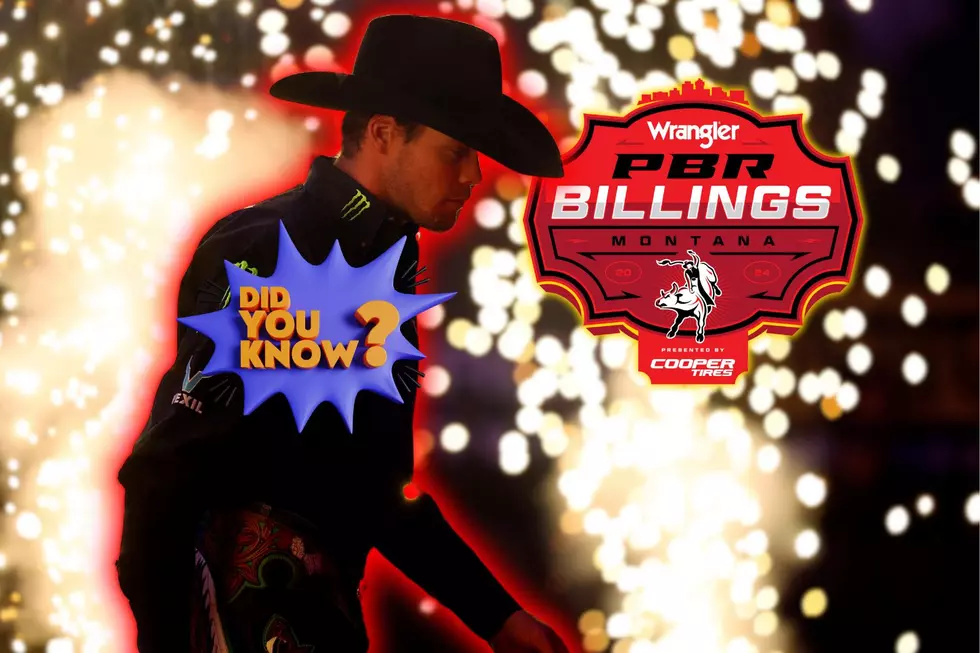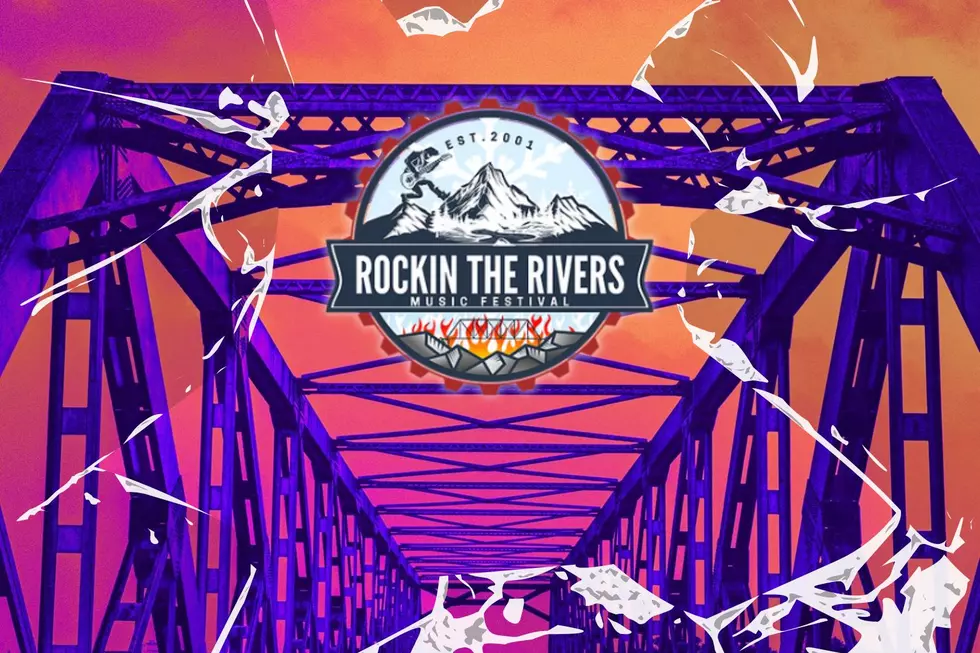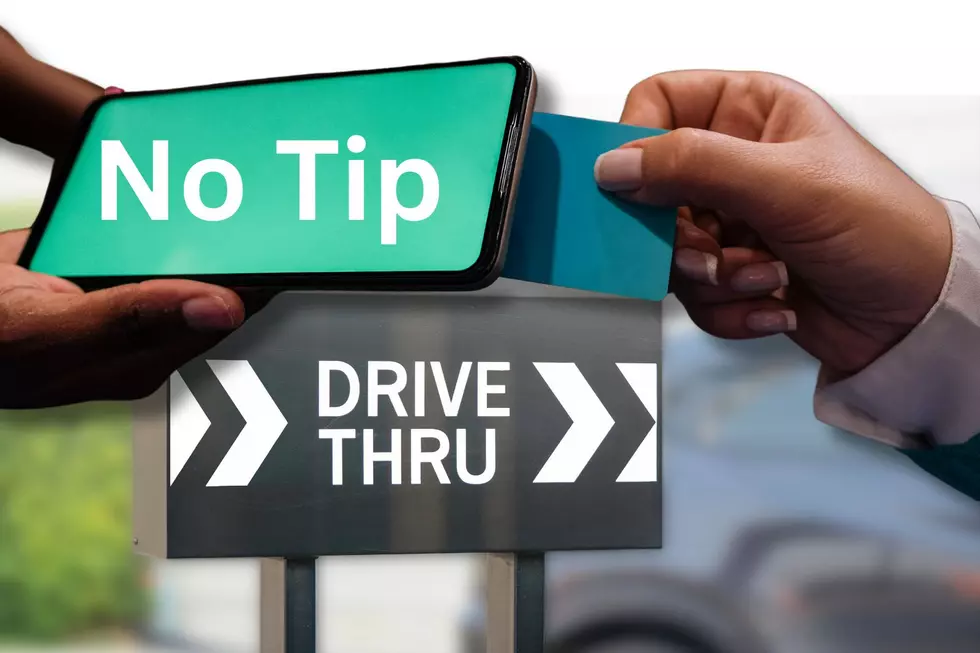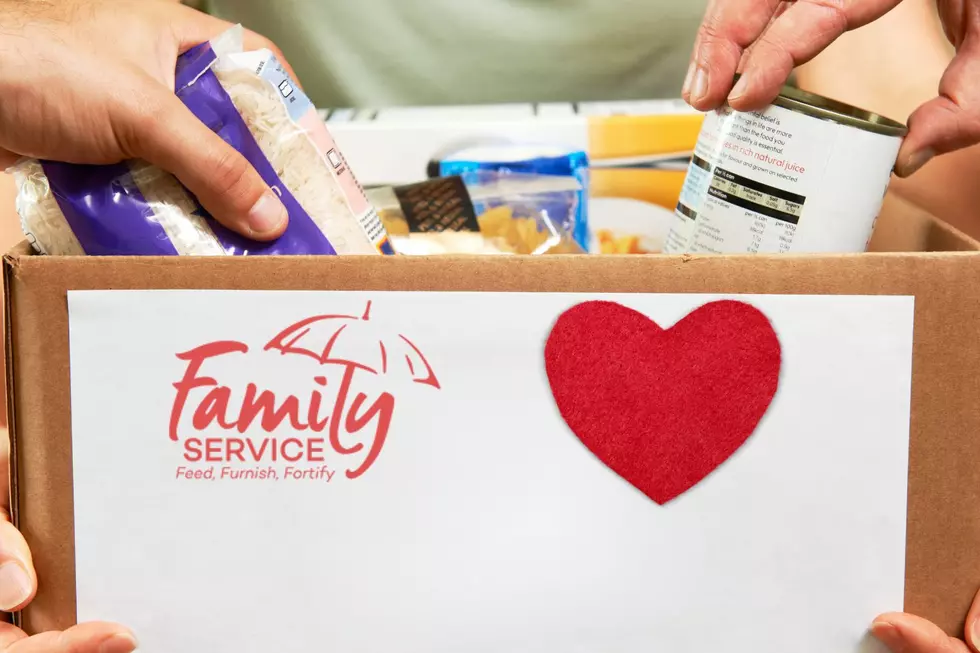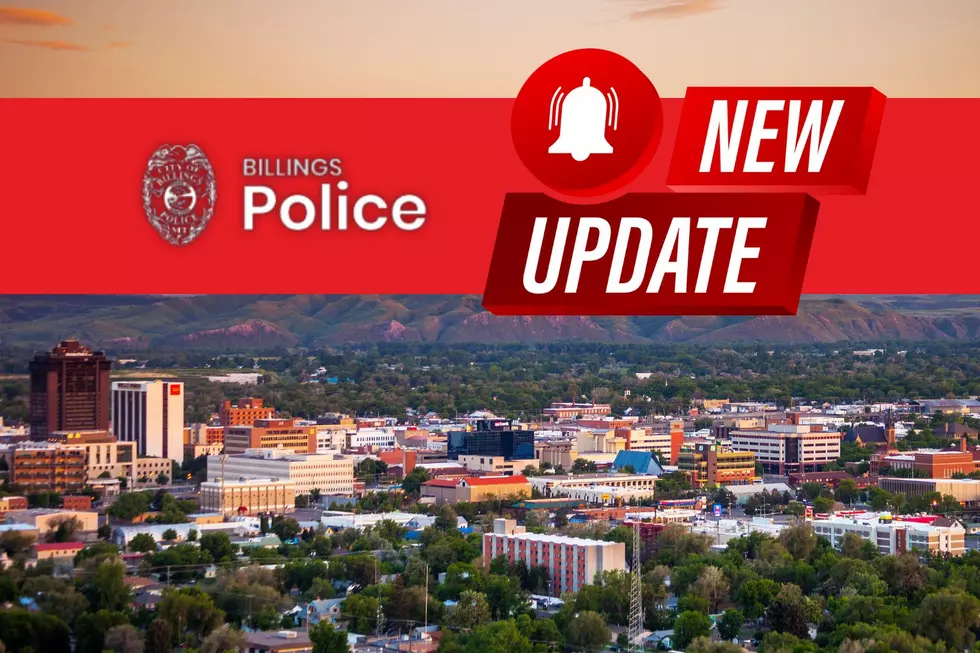
Stealing Your Credit Card Info
It's no surprise that we live in a world that has sticky fingers written all over it. You have to watch everything you do because in a split second your credit card info can be taken.
Bankrate.com has outlined four ways your credit card information can be stolen. Consider this your warning.
- The server at your favorite restaurant
After a eating you give your credit card to a server. They swipe it through the restaurant's register but also surreptitiously swipes the card through a small device, known as a skimmer that is hidden in their pocket. The server returns your card to you and all appears normal. - The toy store trio
Three people walk into a toy store. While two of them roam the aisle a third waits in line to pay for a toy. When he gets to the register one of his comrades in crime comes running up to the clerk claiming his wife has fainted. While the clerk is distracted the guy who was buying a toy covertly switches the credit card reader at the store with one of his own. The three criminals return a week or so later and switch the modified reader with the original terminal. And all the credit card data collected during that week is now in their possession. - The deserted gas station
Late at night in a deserted gasoline station someone attaches a skimmer over the credit card reader at the gas pump. This skimmer emits a Bluetooth signal to a nearby laptop where data is transmitted for the next several days. This could also happen at an ATM, parking meter, vending machine or any place with unmanned credit card readers. - Internet hackers
Hackers can install malware on legitimate websites with low security so when innocent users visit those sites software is secretly downloaded to their computer. That gives the hacker access to personal and financial information on the computer.
How can you protect your credit card data? Bankrate.com offers the following tips:
- Set up mobile banking alerts for your smartphone to alert you to unusual activity.
- Regularly monitor your accounts online.
- Do not ever use public computers to check your email or bank accounts.
More From 103.7 The Hawk

